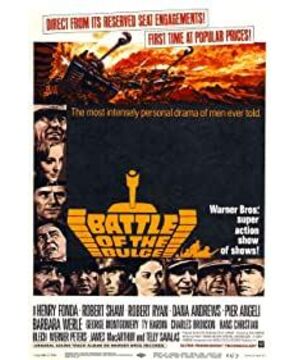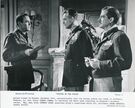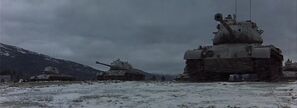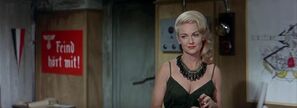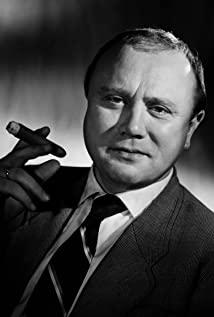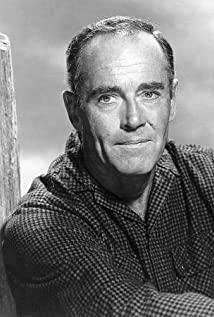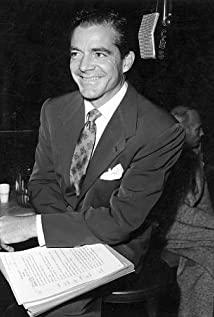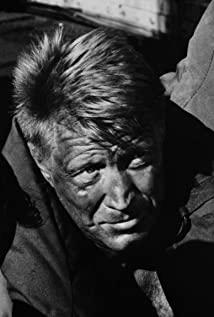On the way to retreat, facing the street signs that the Germans had touched their hands and feet, some people discovered the problem, but many people persisted in the end based on their usual cognition, and ended up in the wrong place? How to master the correct information and make the correct decision under the pressure of tight time? Try to be confident in timing like Napoleon did?
When no enemy can be found, how can frontline officers risk death and persuade pilots to conduct reconnaissance in the fog and finally find the enemy? Relying on your own full experience and the knowledge accumulated from how many times on the spot? Without multiple investigations of this area, he may not have enough courage to investigate. Organizations need such people, the more the better.
When the enemy is advancing by leaps and bounds, the commander is thinking strategically. Just like the philosophy he firmly believes in, any strategy has its own fate. Where is the fate of the German army? An accidental observation allowed him to find the weak link of the enemy. At this time, the role of the "headquarters" came into play. They provided sufficient information for the field commander to make decisions. It was precisely with the accurate information from the headquarters that the commander made the correct decision and worked out the opponent's action strategy. When we don't know what the headquarters should do, here is a clear example.
There will always be people with insight and loyalty in the organization. How to make good use of them, how to use good strategies, how to use perfect division of labor and rich professional experience to achieve success, I am afraid that we are facing eternal problem.
View more about Battle of the Bulge reviews


